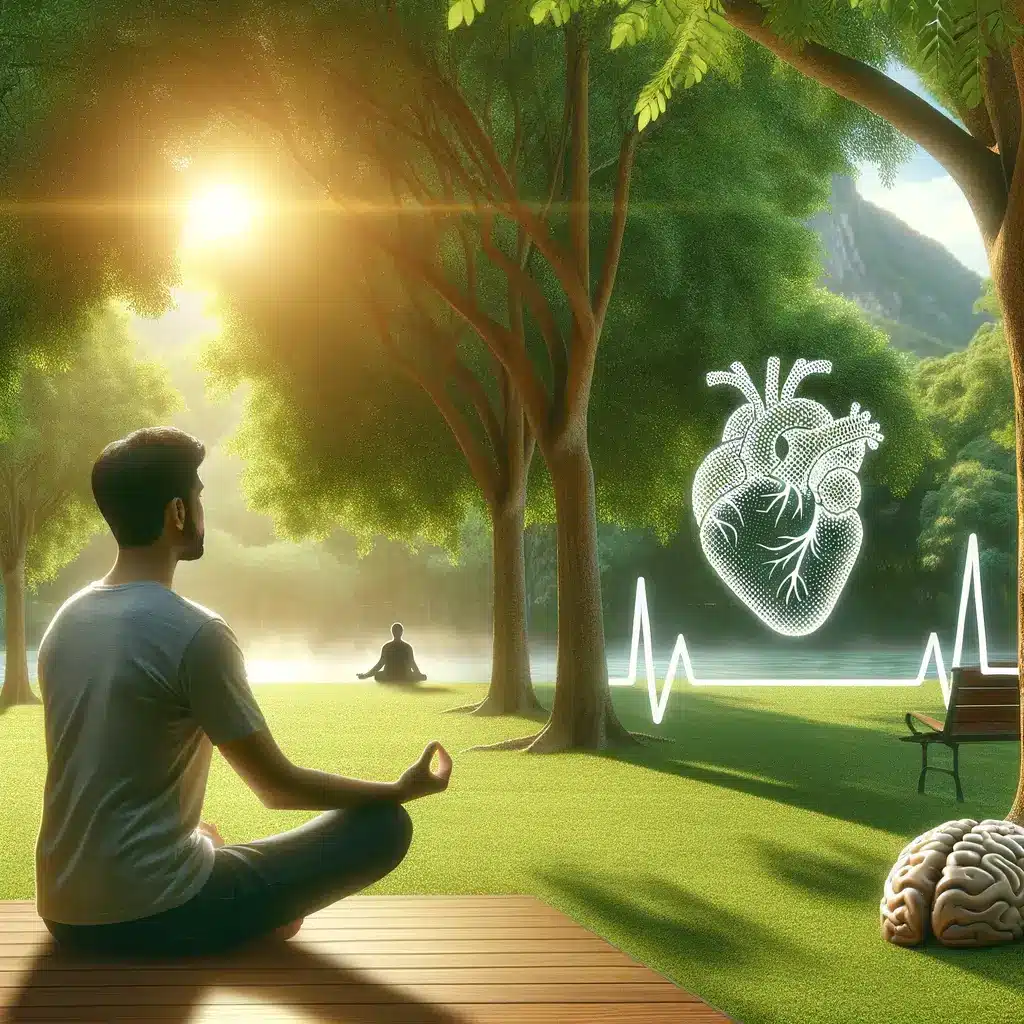Understanding Anger and How to Handle It
What You Might Not Know About Anger
- It’s not all about revenge. Anger often begins with a need to reassert control or protect your self-image. Revenge, when it shows up, is usually secondary—a release valve for frustration.
- Anger is neutral until you act on it. It’s neither good nor bad. How you channel it makes all the difference. Used wisely, anger can improve communication, fuel change, and strengthen boundaries.
- Age often brings emotional stability. Contrary to the myth that older people are grumpier, studies show they generally experience fewer negative emotions and have better emotional regulation.
- Unchecked anger is dangerous. Chronic anger has been linked to heart disease, high blood pressure, and even fatal outcomes.
- Anger doesn’t always look angry. Many people internalize it—masking it with phrases like “I’m fine” or “Let’s not talk about it.” Suppressed anger can be just as harmful as explosive outbursts.
Do You Struggle With Anger?
You might have an anger issue if:- You hurt yourself or others physically
- You’re afraid to express anger openly
- You never feel angry—even in situations that warrant it
- You hold grudges or dwell on past offenses
- You fantasize about passive revenge instead of addressing the issue
- Your anger feels uncontrollable or frequent
- You lash out at people who aren’t responsible
- You become critical or defensive often, and it affects your relationships
How to Manage Anger Before It Manages You
- Identify the trigger. Ask yourself, “What exactly about this situation set me off?” Being specific can help you break the cycle.
- Think about your real goal. What do you want from the situation? Are there other ways to get that outcome without blowing up?
- Communicate assertively. Learn to express frustration without aggression. Assertiveness training can help turn anger into constructive dialogue.
- Take a time-out. When your emotions spike, step back. Go for a walk. Breathe. Clear thinking returns when your body calms down.
- Control what you can: you. You can’t change how others act, but you can change how you react.
- Reflect and learn. Ask: “What can I do differently next time?” Every outburst is a learning opportunity if you let it be.
- Recognize your patterns. What triggers you repeatedly? Awareness is the first step toward change.
Frequently Asked Questions
Is anger always a negative emotion?
No. Anger is a natural emotion that can be positive when expressed constructively. It can signal a boundary, motivate change, or highlight something that matters deeply to you.
Can suppressed anger cause health problems?
Yes. Long-term suppression of anger is associated with stress-related illnesses, including hypertension, digestive issues, and heart problems.
How can I learn to express anger constructively?
By practicing assertive communication, learning to pause before reacting, and reflecting on the outcome you want rather than just the emotion you feel.














































































